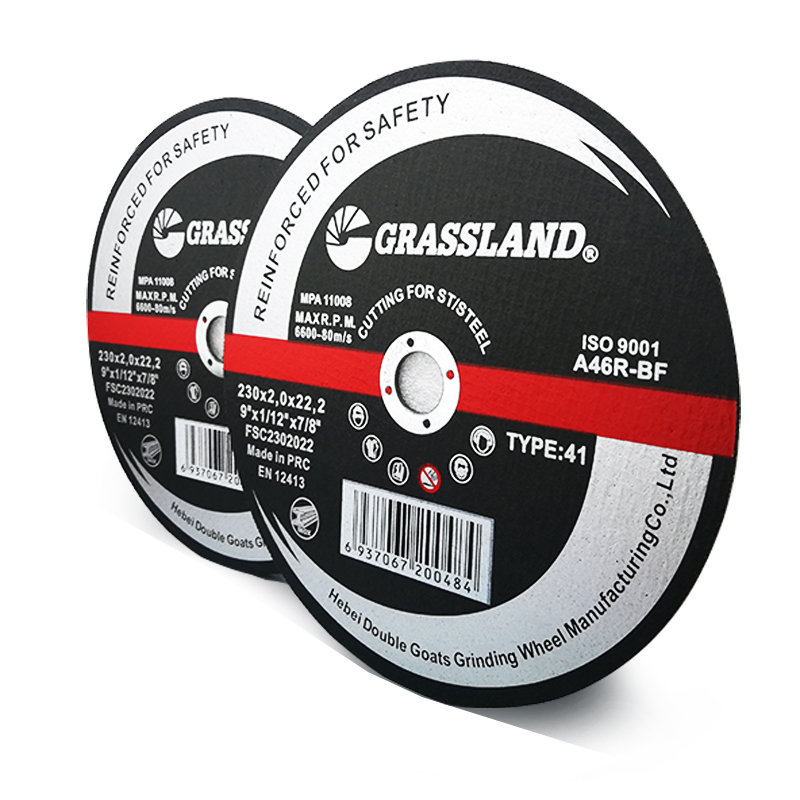The Importance of Grinding Wheel Use in Modern Manufacturing
Grinding wheels are essential tools in various industrial processes, playing a crucial role in shaping, finishing, and polishing materials. Their versatility is unmatched, making them indispensable in sectors ranging from automotive and aerospace to metalworking and woodworking. Understanding how to properly use grinding wheels can significantly enhance efficiency and product quality, as well as ensure safety in the workplace.
Types of Grinding Wheels
There are various types of grinding wheels, each designed for specific applications. The most common types include
1. Aluminum Oxide Wheels These are the most widely used grinding wheels and are ideal for grinding metals such as steel and iron. They provide a balance between wear resistance and toughness. 2. Silicon Carbide Wheels Known for their hardness and brittleness, silicon carbide wheels are mostly used for grinding non-ferrous materials, such as aluminum, brass, and plastic.
3. Diamond Wheels These wheels contain diamond particles and are extremely effective for grinding hard materials such as ceramics, glass, and hard metals. They have a longer lifespan and provide better finishes compared to other options.
The Applications of Grinding Wheels
The applications of grinding wheels are diverse. In metalworking, they are often used to sharpen tools, remove excess material, and create precision finishes. In woodworking, grinding wheels can be employed to shape and sharpen blades, allowing for cleaner cuts and better performance. The automotive industry utilizes grinding wheels for tasks such as the manufacturing of parts and components, ensuring that they meet stringent specifications for quality and precision.
grinding wheel use

Notably, the use of grinding wheels extends beyond shaping. They are crucial in processes like surface finishing, which is vital for eliminating surface imperfections and preparing materials for subsequent manufacturing steps. With advancements in technology, grinding wheels have evolved, leading to the development of specialized wheels that cater to specific tasks, enhancing productivity and efficiency.
Grinding Wheel Safety
The proper use of grinding wheels isn’t just about efficiency and effectiveness; safety is a paramount concern. Grinding wheels can pose significant dangers if not handled correctly. The high rotational speed can lead to breakage, and thus, proper mounting and balancing are essential. Users must ensure that the wheel is rated for the speed of the grinder and that it is inspected for cracks or deformities before use.
Protective equipment, such as goggles, gloves, and appropriate clothing, is essential to safeguard against flying debris. Additionally, operators should be trained in the correct handling procedures, including how to position the workpiece and apply the correct amount of pressure during grinding. Awareness of common safety practices can greatly reduce the risk of accidents in environments where grinding wheels are used.
Maintaining Grinding Wheels
To maximize the lifespan and performance of grinding wheels, maintenance is crucial. Regular inspection can help identify signs of wear, such as a decrease in grinding efficiency or noticeable cracks. Dressing the wheel, which involves removing the top layer of the grinding material, can revitalize a dull wheel and ensure consistent performance. This process also helps to maintain the correct shape and profile of the wheel, leading to better precision in grinding operations.
Additionally, proper storage of grinding wheels is significant in prolonging their life. They should be stored in a cool, dry environment, away from direct sunlight or moisture, which can compromise their integrity.
Conclusion
Grinding wheels are a vital component in modern manufacturing and various industrial applications. Understanding the types, uses, and safety practices associated with grinding wheels is essential for maximizing their efficiency while ensuring the safety of operators. As technology continues to advance, the development of specialized grinding wheels will further enhance productivity and quality in manufacturing processes. By adhering to best practices in maintenance and safety, businesses can leverage the full potential of grinding wheels, leading to improved operational success.
Post time:Dec - 15 - 2024

















